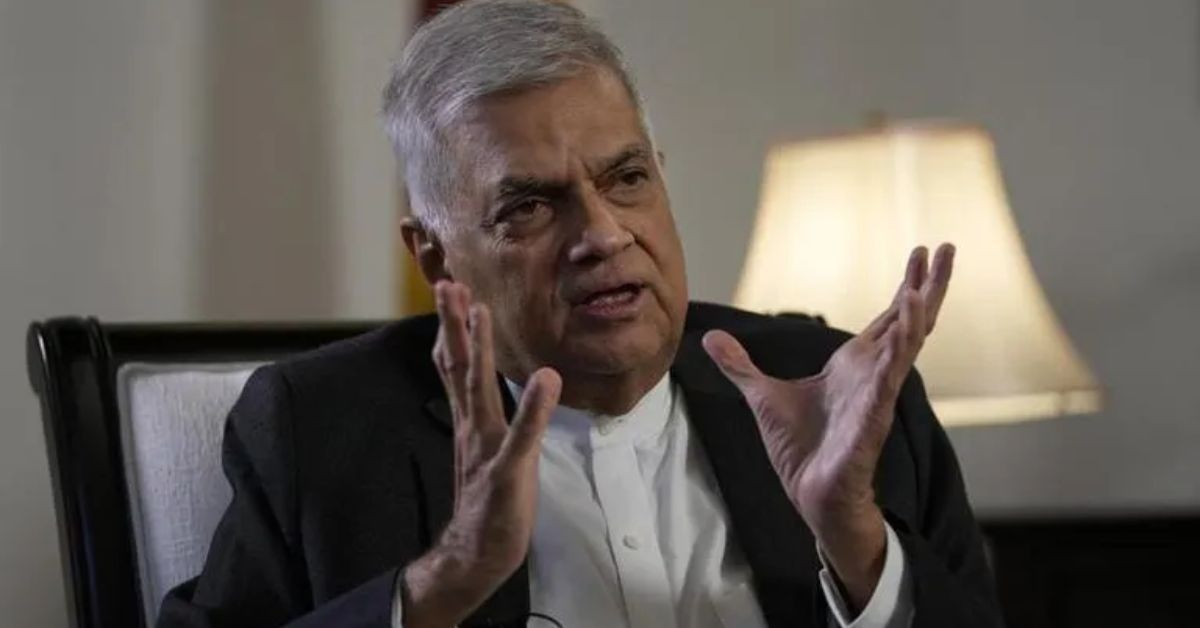Sri Lanka’s economic woes will last for a year, President Ranil Wickremesinghe said, adding that Sri Lanka will need to think outside the box and look into new areas such as logistics and nuclear power to revive its bankrupt economy. At his two-day conference entitled ‘Let’s reset Sri Lanka’ on Friday, Wickremesinghe said the country’s reforms would also require tax increases.
Sri Lanka is facing its worst economic crisis since independence in 1948. The export industry has been hit hard by fuel shortages caused by the foreign exchange crisis. The tourism industry, the backbone of Sri Lanka’s economy, was also hit first by her COVID-19 pandemic and then by economic turmoil. Wickremesinghe, who was elected president by parliament last month, will serve the remainder of the term held by Gotabaya Rajapaksa, who fled the country and resigned amid mass anti-government protests.
“I believe that in the next six months to a year, we will have to go through a tough period until around July next year,” he said, adding that Sri Lanka hopes to recover new sectors such as logistics and nuclear power. “One thing I strongly believe is logistics. Looking at economic growth in India, Bangladesh and Pakistan, logistics can play a big role here in Colombo, Hambantota and Trincomalee,” he added. That’s how we take advantage of our strategic position,” he said, referring to the island nation’s two main ports.
Wickremesinghe, who has previously said Sri Lanka’s economy is broken, said economic reforms would require tax increases. “As for taxing wealth, we need to rely on these measures first for economic recovery and then for social stability,” he said. The president also said the country must consider entering the nuclear energy sector. “The more we have, the more energy we can sell to India while making more renewable energy available. We have to think outside the box,” he said.
“When you look at foreign debt first…and national debt, are we getting into the geopolitics of the Asian region?” he said. “It’s going to be a time like you’ve never seen before. It’s certainly going to be a difficult time, with both external and domestic debt to be addressed. The first six months will be difficult,” he said. Wickremesinghe said more than 6 million of his 21 million people in the country are malnourished. Sri Lanka is currently negotiating a possible relief package with the International Monetary Fund after it declared default on its international debt in April. But the IMF program has problems in the form of debt restructuring. Even the World Bank refuses to provide support until detailed macroeconomic policies are in place. Referring to the IMF’s ongoing bailout attempt, Wickremesinghe said legal and technical advisers on debt restructuring were working.







